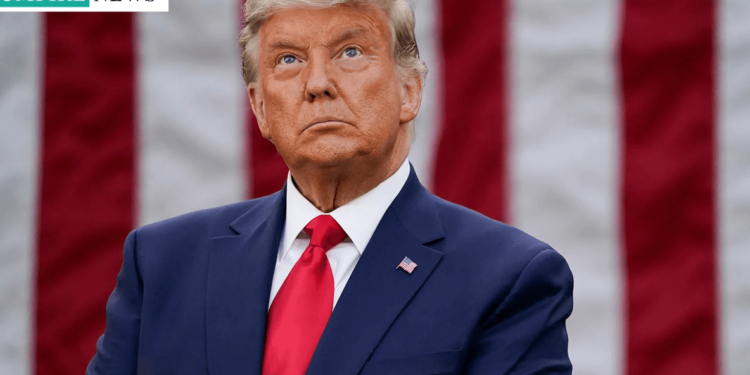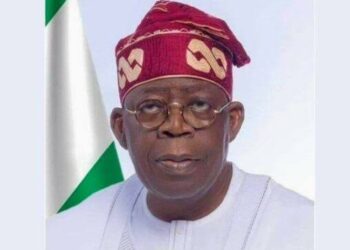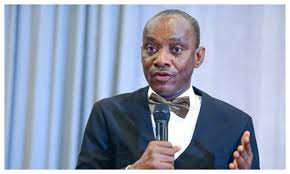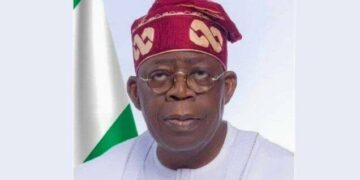President-elect Donald Trump has revealed plans for a massive crackdown on illegal immigration, proposing the deportation of all individuals residing in the United States without legal status over the course of his upcoming four-year term. In an interview on NBC’s *Meet the Press*, Trump confirmed his intent to declare illegal immigration a national emergency upon taking office, with a focus on removing the estimated 11 million undocumented immigrants currently living in the country.
Trump emphasized the importance of enforcing U.S. immigration laws, calling it a difficult but necessary task. Despite his aggressive stance on deportations, he expressed a willingness to negotiate protections for “Dreamers,” the undocumented immigrants who were brought to the U.S. as children. His earlier attempt to dismantle the Deferred Action for Childhood Arrivals (DACA) program, which shields Dreamers from deportation, was blocked by the Supreme Court, but Trump hinted that this group could receive some form of protection moving forward.
One of Trump’s most controversial proposals is ending birthright citizenship, a policy established by the 14th Amendment, which grants automatic citizenship to anyone born on U.S. soil, regardless of their parents’ immigration status. Trump suggested that reversing this policy might require a constitutional amendment, acknowledging the legal challenges that would arise in attempting to make such a change.
The scale of this immigration enforcement push would require massive financial resources, with experts estimating the cost of deporting all unauthorized immigrants at $88 billion annually. To support his efforts, Trump’s team has called for substantial funding increases from Congress to enhance immigration enforcement operations. The incoming border czar, Tom Homan, will play a key role in these efforts.
While Trump’s immigration plans are sure to stir controversy, especially regarding the legal and logistical hurdles they present, his proposals signal a continued commitment to his hardline immigration stance, which was a cornerstone of his 2016 campaign. How these policies will unfold in practice remains uncertain, but they are expected to be a major focus of his administration’s early years.
































